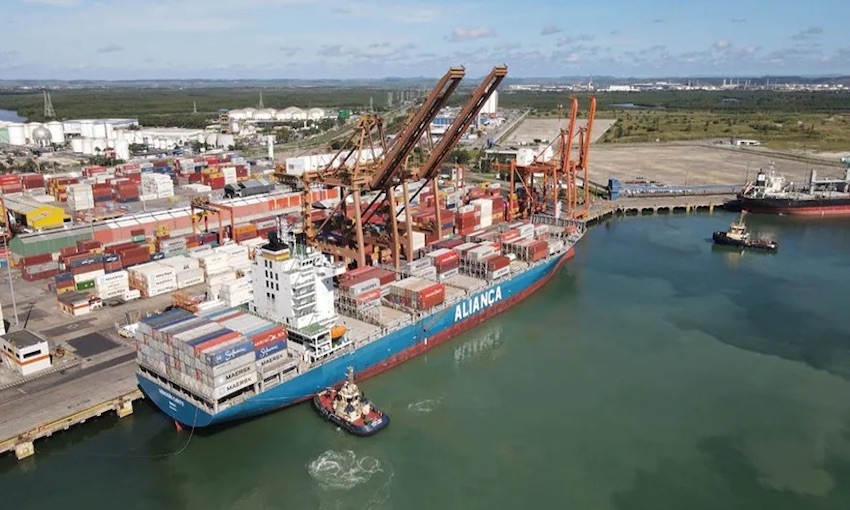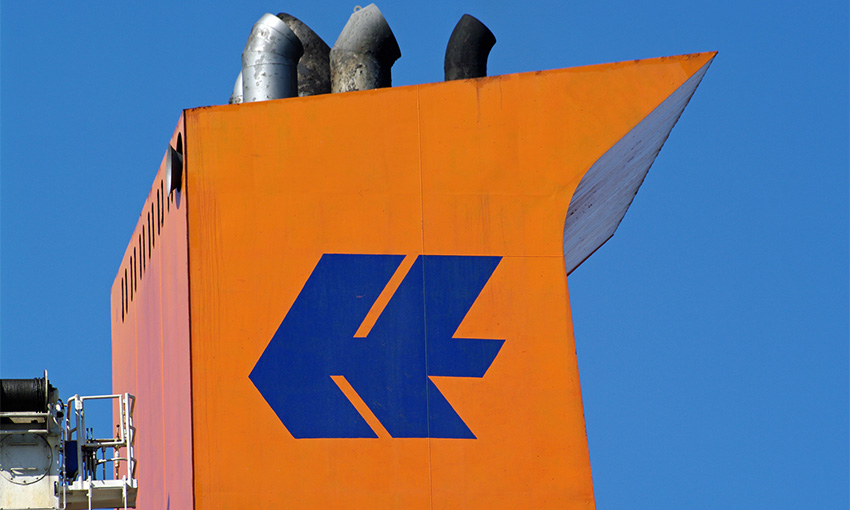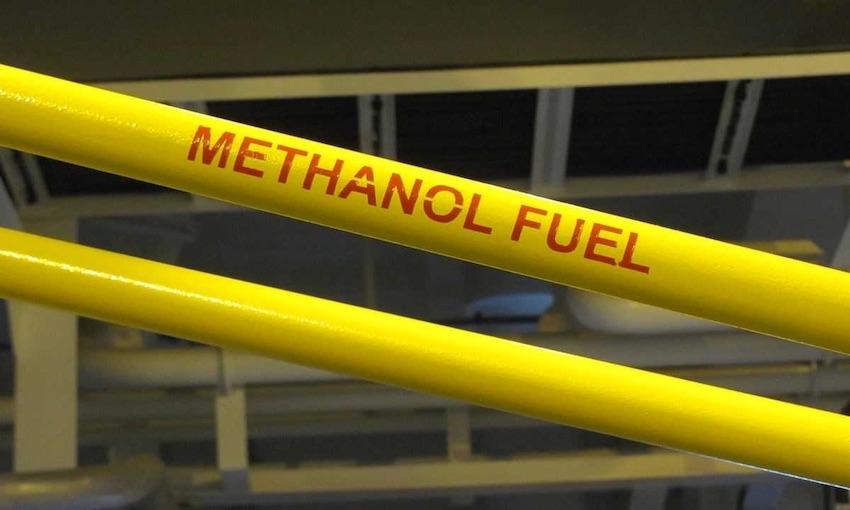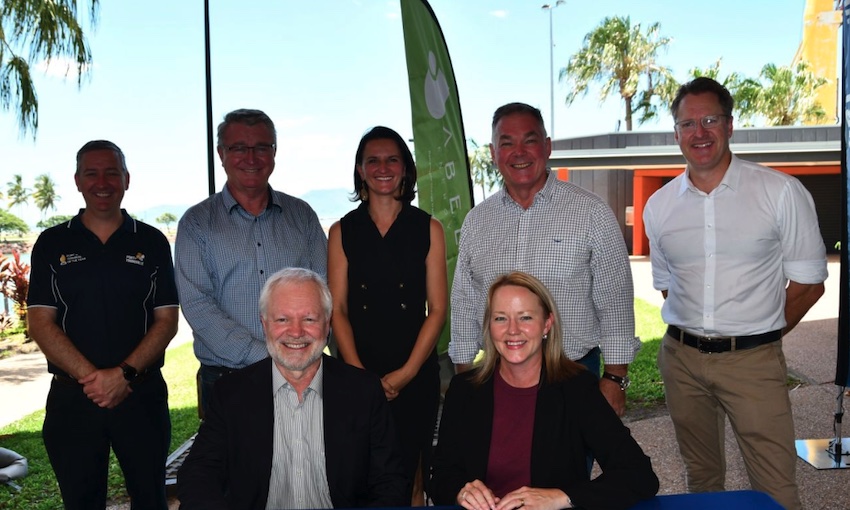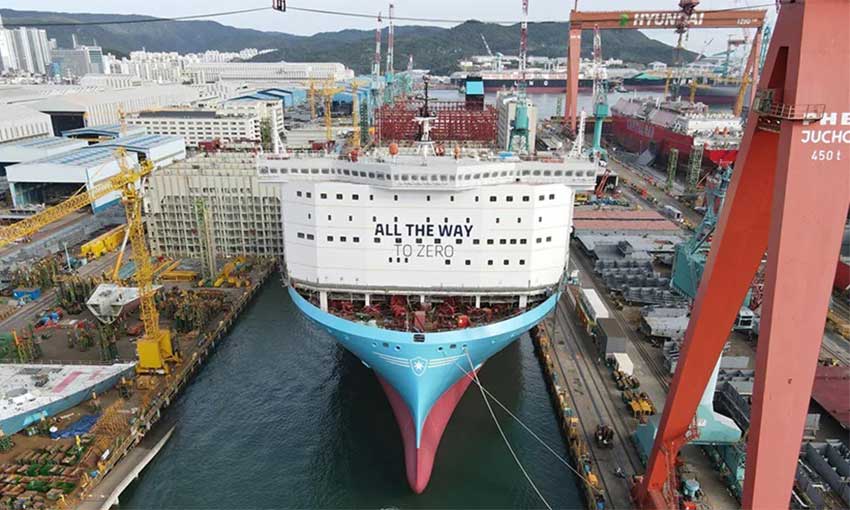TOWAGE operator Svitzer has unveiled plans to introduce the world’s first fuel cell tug boat for harbour towage operations. Scheduled to enter operation in Svitzer’s Europe region by Q1 2024, the fuel cell tug will be running on green methanol.
The project builds on close co-operation between Svitzer and its parent company Maersk with the aim to explore methanol fuel cells as a carbon neutral alternative to today’s fossil fuel based solutions.
Ingrid Uppelschoten Snelderwaard, global COO, Svitzer said, “Fuel cells will be applicable for tugs earlier than for larger vessels and further, tugs are built significantly faster.
“With this tug we get hands-on experience in deploying fuel cells as an alternative to diesel or pure electric power – it is a significant step in Svitzer’s ambition to lead the decarbonisation of towage and an important contribution to Maersk’s overall efforts within this agenda.”
The aim is to extract and apply knowledge and operational experience of methanol feasibility from the smaller, near-shore operating tug and onto larger ocean-going container vessels.
Fuel cell technology could be a disruptor in the maritime technology space, promising high efficiencies and eliminating the need for substantial amounts of pilot ignition fuels while removing harmful emissions.
Ole Graa Jakobsen, head of fleet Technology, A.P. Moller – Maersk said, “We have been monitoring the technology for the last few years, and with the accelerating developments in the ‘Power-to-X’ arena, we have decided to step up our engagement in fuel cells, especially in combination with green methanol”.
Svitzer has signed an agreement with naval architect Robert Allan Ltd, to design the tug. It will function as a pilot design also for future Svitzer newbuilds.
The 80-tonne bollard pull newbuild tug with escort notation will come with a hybrid electrical propulsion system solution where fuel cells can be dimensioned to deliver a specific amount of sustained bollard pull using fuel cells alone, adding additional power from the batteries during the short but often frequent peaks that characterises towage.
The fuel cells can be used to charge the batteries when the tug is mobilising and when the tug is berthed, minimising the need for expensive shore side charging facilities. The combination of fuels cells and batteries will deliver a self-sustained tug with longer endurance and with less operational constraints than a pure battery powered vessel.
Jim Hyslop, director of project development, Robert Allan said, “It is refreshing to work with an operator with such a progressive and forward-thinking attitude and this move towards drastically reducing tug emissions is a bold step.
“By taking the lead with this technologically advanced project, Svitzer and Maersk are making true and meaningful progress towards a greener future in the tug industry.”

